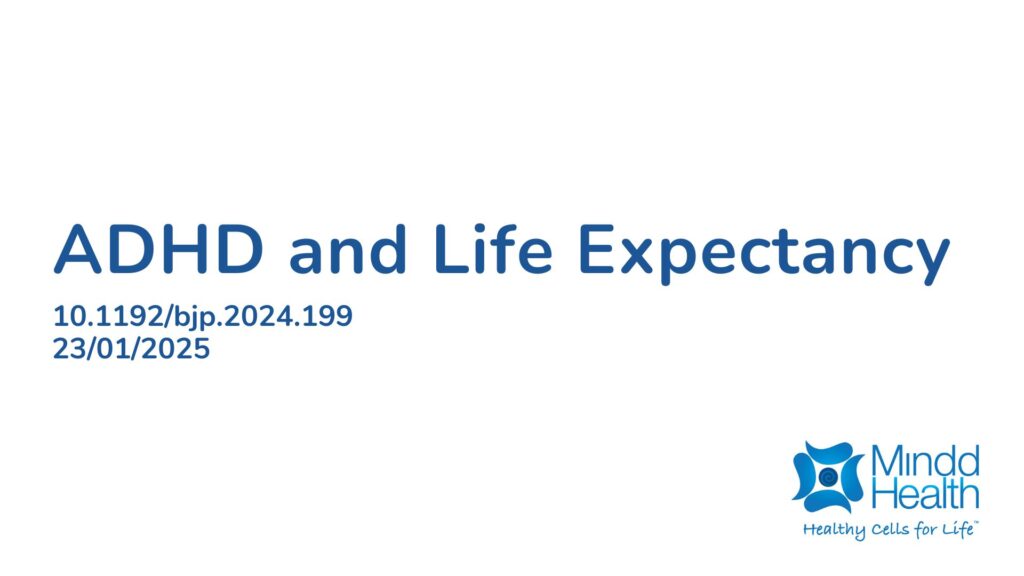Summary:
ADHD is a condition that affects attention, impulse control, and activity levels. It must last at least six months and impact daily life to be diagnosed. First recognized in 1968, ADHD often continues into adulthood, with around 2.8% of adults worldwide affected. In the UK, many adults with ADHD remain undiagnosed and untreated, despite the availability of effective treatments. People with ADHD face higher rates of educational struggles, unemployment, financial difficulties, discrimination, and legal issues. They are also more likely to have sleep problems, use alcohol or drugs, and smoke. ADHD is linked to poorer physical and mental health, including a higher risk of heart disease and suicide. Studies suggest that people with ADHD are twice as likely to die early compared to those without the condition. This study aimed to estimate how much life expectancy is reduced in adults with ADHD. Using UK health records from 2000 to 2019, researchers examined data from over 30,000 adults with ADHD and compared them to 300,000 adults without ADHD. They found that men with ADHD lived an average of 6.78 years less than those without ADHD, while women with ADHD lived 8.64 years less. The shorter lifespan of adults with ADHD is likely due to preventable health risks and a lack of support for both ADHD and related health conditions.
Abstract:
Background: Nearly 3% of adults have attention-deficit and hyperactivity disorder (ADHD), although in the UK, most are undiagnosed. Adults with ADHD on average experience poorer educational and employment outcomes, worse physical and mental health and are more likely to die prematurely. No studies have yet used mortality data to examine the life expectancy deficit experienced by adults with diagnosed ADHD in the UK or worldwide. Aims: This study used the life-table method to calculate the life-expectancy deficit for people with diagnosed ADHD using data from UK primary care. Method: A matched cohort study using prospectively collected primary care data (792 general practices, 9 561 450 people contributing eligible person-time from 2000–2019). We identified 30 039 people aged 18+ with diagnosed ADHD, plus a comparison group of 300 390 participants matched (1:10) by age, sex and primary care practice. We used Poisson regression to estimate age-specific mortality rates, and life tables to estimate life expectancy for people aged 18+ with diagnosed ADHD. Results: Around 0.32% of adults in the cohort had an ADHD diagnosis, ~1 in 9 of all adults with ADHD. Diagnoses of common physical and mental health conditions were more common in adults with diagnosed ADHD than the comparison group. The apparent reduction in life expectancy for adults with diagnosed ADHD relative to the general population was 6.78 years (95% CI: 4.50 to 9.11) for males, and 8.64 years (95% CI: 6.55 to 10.91) for females. Conclusions: Adults with diagnosed ADHD are living shorter lives than they should. We believe that this is likely caused by modifiable risk factors and unmet support and treatment needs in terms of both ADHD and co-occurring mental and physical health conditions. This study included data from adults with diagnosed ADHD; the results may not generalise to the entire population of adults with ADHD, the vast majority of whom are undiagnosed.
Article Publication Date: 23/01/2025
DOI: 10.1192/bjp.2024.199



